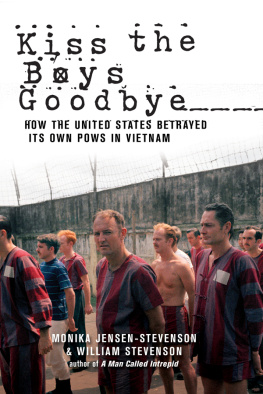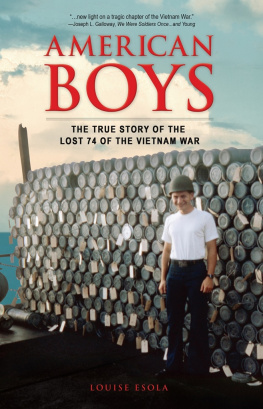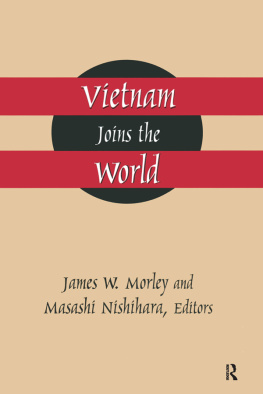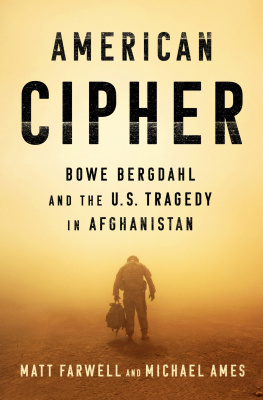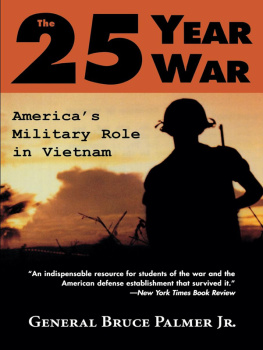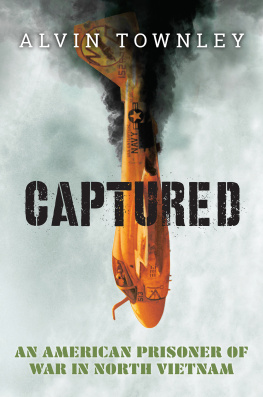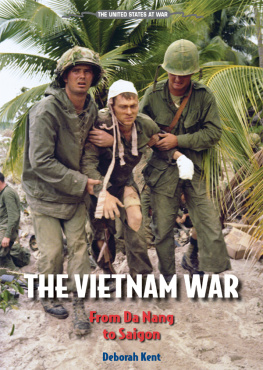Jensen-Stevenson Monika - Kiss the boys goodbye : how the United States betrayed its own POWs in Vietnam
Here you can read online Jensen-Stevenson Monika - Kiss the boys goodbye : how the United States betrayed its own POWs in Vietnam full text of the book (entire story) in english for free. Download pdf and epub, get meaning, cover and reviews about this ebook. City: New York, Vietnam, year: 2014, publisher: Skyhorse Publishing, genre: Detective and thriller. Description of the work, (preface) as well as reviews are available. Best literature library LitArk.com created for fans of good reading and offers a wide selection of genres:
Romance novel
Science fiction
Adventure
Detective
Science
History
Home and family
Prose
Art
Politics
Computer
Non-fiction
Religion
Business
Children
Humor
Choose a favorite category and find really read worthwhile books. Enjoy immersion in the world of imagination, feel the emotions of the characters or learn something new for yourself, make an fascinating discovery.
- Book:Kiss the boys goodbye : how the United States betrayed its own POWs in Vietnam
- Author:
- Publisher:Skyhorse Publishing
- Genre:
- Year:2014
- City:New York, Vietnam
- Rating:4 / 5
- Favourites:Add to favourites
- Your mark:
Kiss the boys goodbye : how the United States betrayed its own POWs in Vietnam: summary, description and annotation
We offer to read an annotation, description, summary or preface (depends on what the author of the book "Kiss the boys goodbye : how the United States betrayed its own POWs in Vietnam" wrote himself). If you haven't found the necessary information about the book — write in the comments, we will try to find it.
For many Americans, the recent conflicts in Iraq and Afghanistan bring back painful memories of one issue in particular: American policy on the rescue of and negotiation for American prisoners. One current American POW of the Taliban, Sergeant Bowe Bergdahl, stands as their symbol. Thousands of Vietnam veteran POW activists worry that Bergdahl will suffer the fate of so many of their POW/MIA comradesabandonment once the US leaves that theater of war.
Kiss the Boys Goodbye convincingly shows that a legacy of shame remains from Americas ill-fated involvement in Vietnam. Until US government policy on POW/MIAs changes, it remains one of the most crucial issues for any American soldier who fights for home and country, particularly when we are engaged with an enemy that doesnt adhere to the international standards for the treatment of prisonersor any American hostageas the graphic video of Daniel Pearls decapitation on various Jihad websites bears out.
In this explosive book, Monika Jensen-Stevenson and William Stevenson provide startling evidence that American troops were left in captivity in Indochina, victims of their governments abuse of secrecy and power. The book not only delves into the world of official obstruction, missing files, censored testimony, and the pressures brought to bear on witnesses ready to tell the truth, but also reveals the trauma on patriotic families torn apart by a policy that, at first, seemed unbelievable to them.
First published in 1990, Kiss the Boys Goodbye has become a classic on the subject. This new edition features an afterword, which fills in the news on the latest verifiable scandal produced by the Senate Select Committee on POWs.
Skyhorse Publishing, as well as our Arcade imprint, are proud to publish a broad range of books for readers interested in history--books about World War II, the Third Reich, Hitler and his henchmen, the JFK assassination, conspiracies, the American Civil War, the American Revolution, gladiators, Vikings, ancient Rome, medieval times, the old West, and much more. While not every title we publish becomes a New York Times bestseller or a national bestseller, we are committed to books on subjects that are sometimes overlooked and to authors whose work might not otherwise find a home.
Jensen-Stevenson Monika: author's other books
Who wrote Kiss the boys goodbye : how the United States betrayed its own POWs in Vietnam? Find out the surname, the name of the author of the book and a list of all author's works by series.

